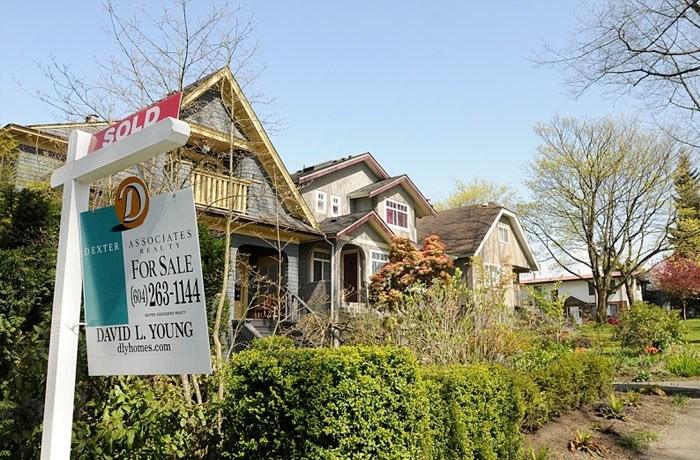In Act 2, Scene 2 of Shakespeare’s Romeo and Juliet, Juliet contemplates how her love for Romeo would not be forbidden if not for his last name, famously saying, “What’s in a name? That which we call a rose by any other name would smell as sweet.”
As during Shakespeare’s time, names and labels still carry intended and perceived connotations today.
We are seeing a real-world example of this play out in the housing affordability debate in British Columbia. While everyone is tripping over themselves to announce or lobby for new policies meant to move the needle in the right direction, those same policymakers and lobbyists have to monitor their labels.
Over the past few years, the ÎÚÑ»´«Ã½ government has demonized “speculators” when it comes to housing affordability. The government has even gone so far as to use the word “investors” when targeting this same group of people. Granted, they needed to find someone to blame for the housing affordability challenges that British Columbians are experiencing, especially after using foreign buyers as a scapegoat proved largely baseless.
But why point the finger at speculators or investors? If there are people cheating the system or taking advantage of loopholes for their own personal gain at the expense of others, close the loopholes. Demonizing an entire class of businessperson, so core to the influx of capital necessary to expand supply, is both misleading and dangerous. There is little actual value to turning the public against investors, who we rely upon to achieve the very thing everyone wants right now more housing.
There is general consensus that we can have a positive impact on housing affordability by increasing supply. Having more housing available at all points along the housing continuum will put downward pressure on rising housing costs. This is arguably the ultimate goal, regardless of the stakeholder or interest group. More debatable, however, is the path to get there.
Tenants don’t own their homes — landlords do. Homeowners don’t build condo towers — developers do. Call them investors, call them speculators, call them entrepreneurs. The reality is someone has to assume a variety of high-stakes risks to build more housing in this province. It is unreasonable to think that the government should or could build the necessary housing in the degree of supply needed to positively influence affordability; nor is it an expectation of any housing advocate. As such, we need speculators.
Every industry evolves, innovates and progresses because someone is willing to assume the risk that comes with investing in that progress. That also happens to be the very definition of speculation: “Investment in stocks, property or other ventures in the hope of gain but with the risk of loss.” The people, organizations and companies that step up to invest in our province, that step out on that limb and accept the risk that comes with that investment, should not be demonized — they should be celebrated.
What’s in a name? In today’s world it seems that a name can be whatever you leverage it to be. Unfortunately, that can be misleading and generalizing. It can demonize a group of people who have nothing but good intentions. Rather than leveraging a term as a negative label for a group of people — their value to the housing industry aside — let’s focus on the positive impact the risk-takers have on building our communities. We need them, no matter what we call them.
Trevor Koot is CEO of the BC Real Estate Association.




